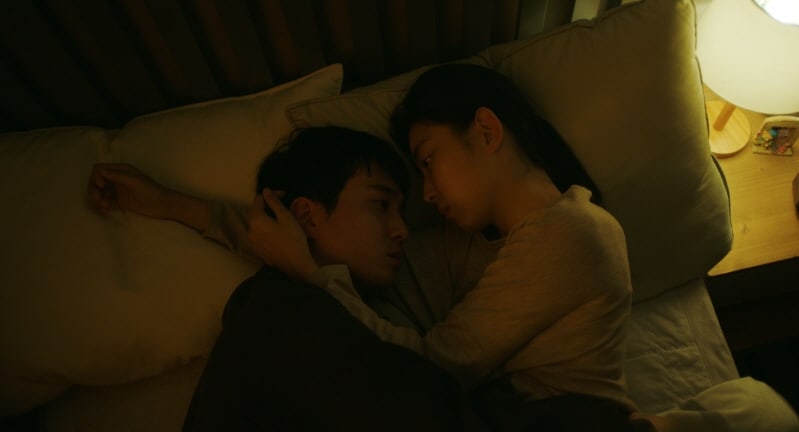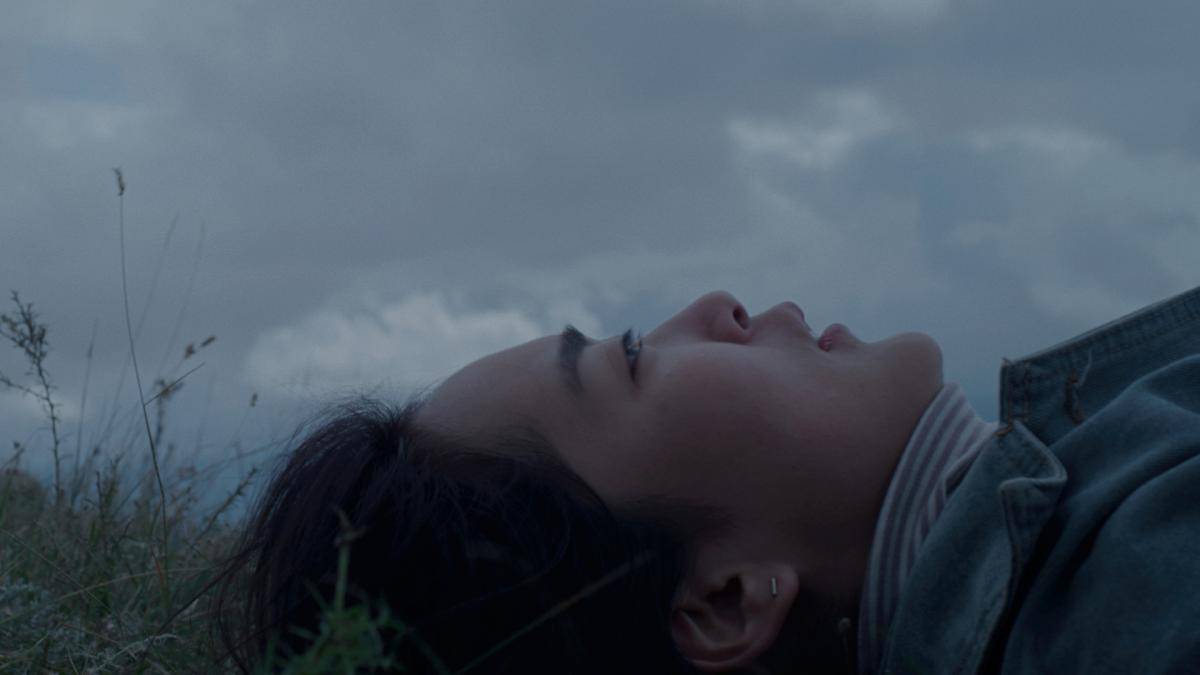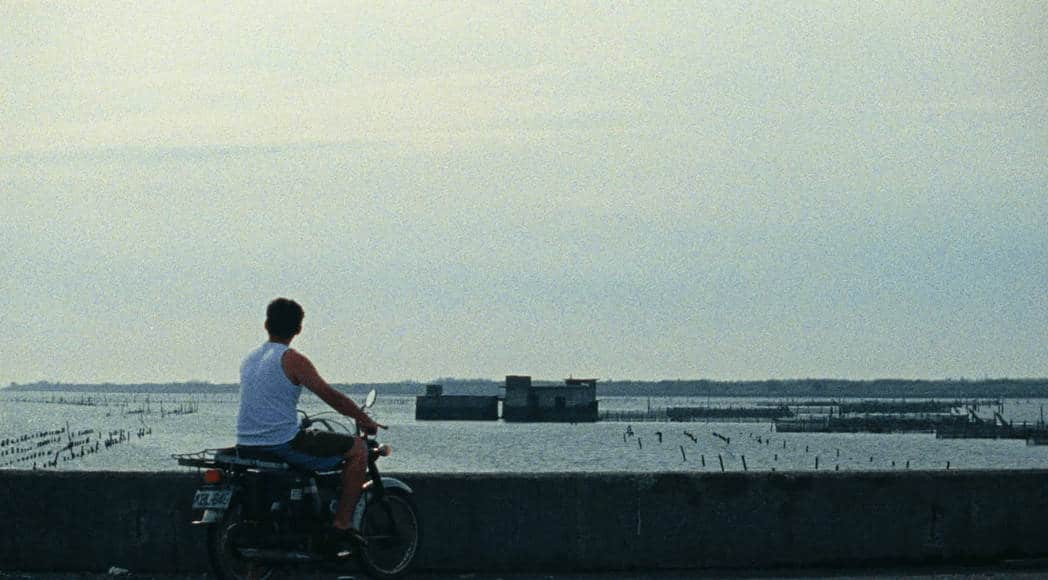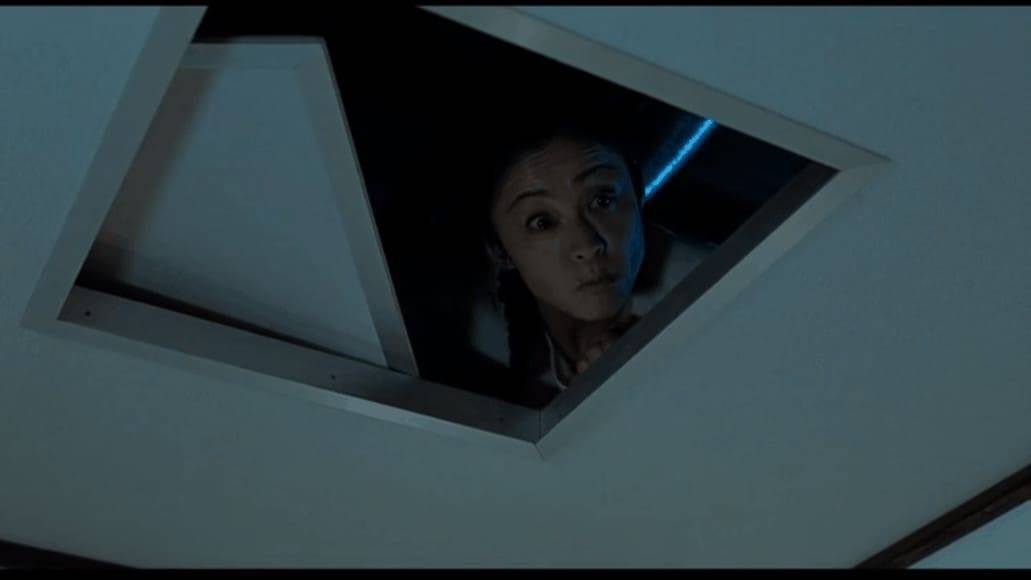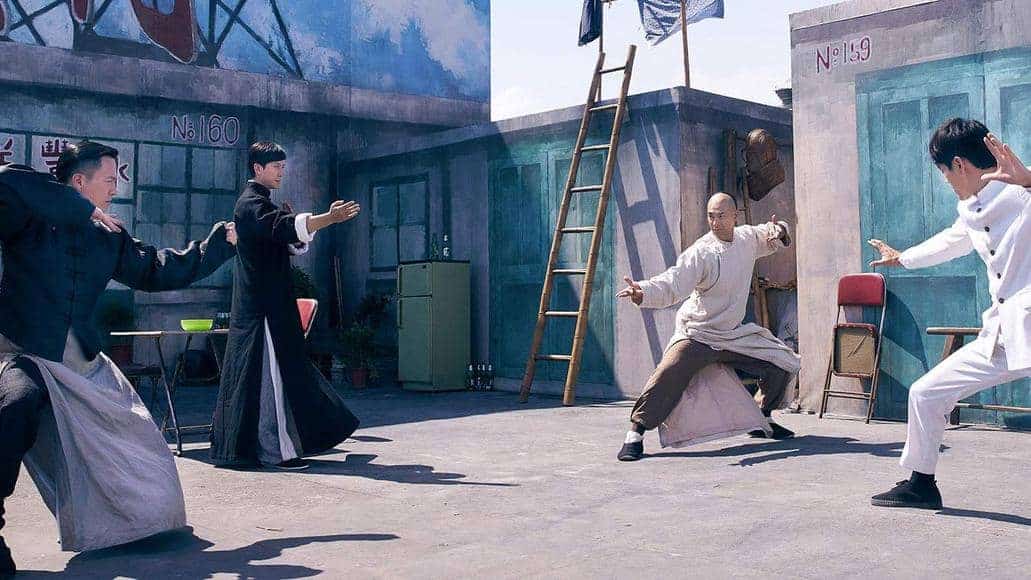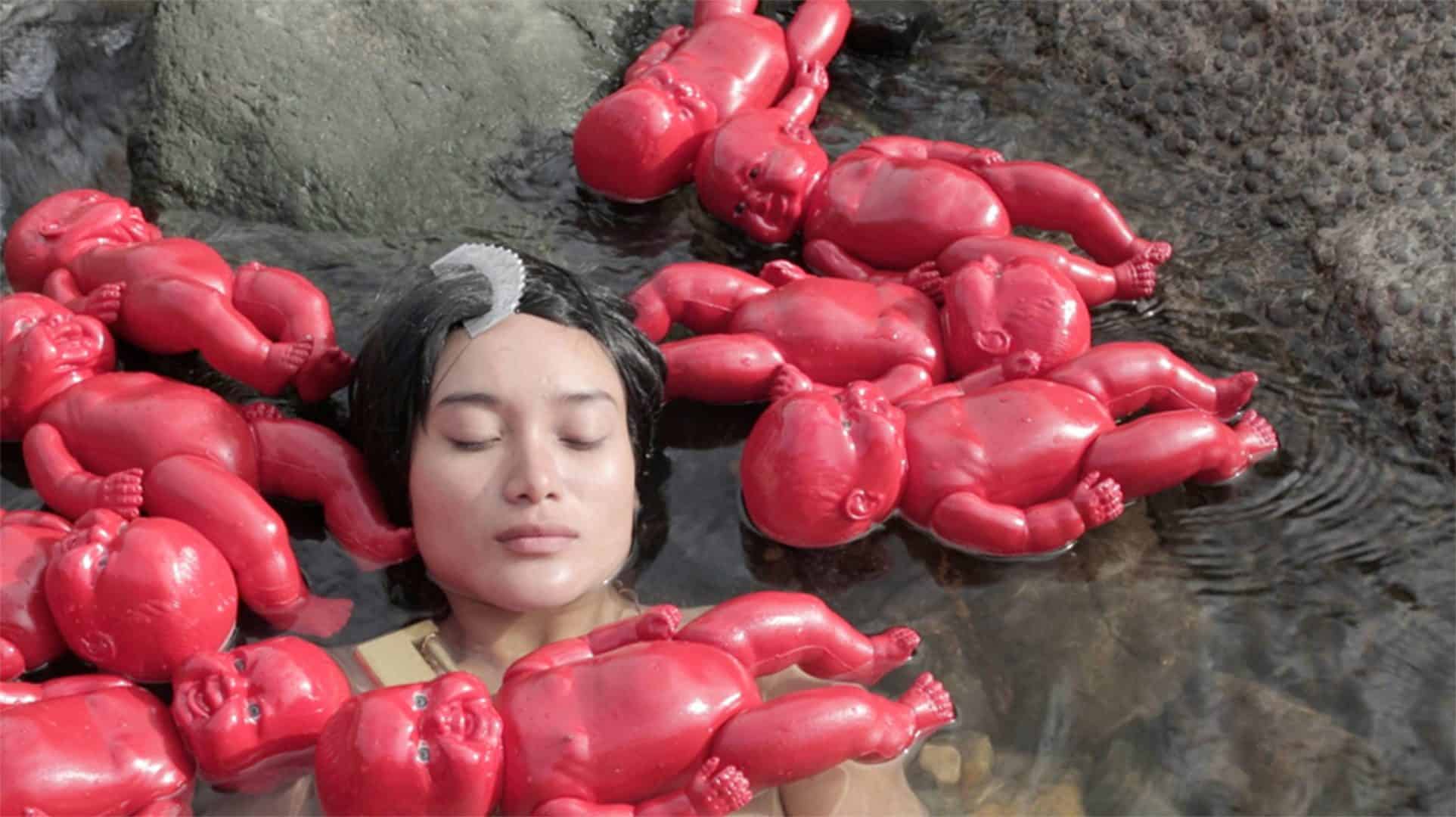The plight of the youth in modern society has often found favour in Korean and Japanese cinema, particularly on the indie scene. For his debut feature film “Through My Midwinter”, director Oh Seong-ho also decides to tell a similar story of an unhappy couple done hard by circumstances around them.
“Through My Midwinter” is screening at Busan International Film Festival
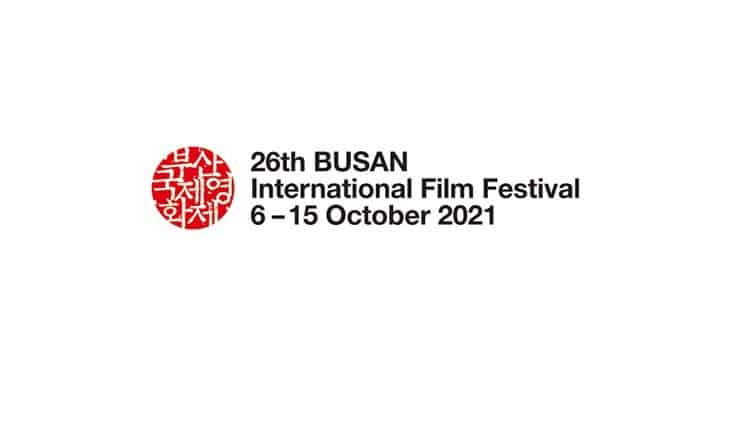
Adorable and madly-in-love couple Kyung-hak and Hye-jin seem to have their near future well decided upon. While Kyung-hak is studying to be a police officer and preparing for his exams, Hye-jin already has a job offer but is eager to work for government with the Korean Tourism Org. The two, who live together despite the disapproval of Hye-jin's mother, have their finances sorted but when Kyung-hak's mother defaults on a loan she took out in her son's name, he is left with having to repay that massive debt, forcing him to put his studies on a halt and take up a takeaway delivery job. As Kyung-hak struggles to save money working long hours, Hye-jin's new job also takes up her day, leaving the two little time for each other. As the jobs start to take a toll on them personally, it also begins to reflect negatively on their relationship.

Oh Seong-ho treads familiar, almost safe waters here, but his own screenplay is an honest portrayal of a relationship in decline, of dreams shattered and of changing priorities. Both Kyung-hak and Hye-jin are earnest individuals, but the odds are stacked against the two and as dreams fade and priorities change, life becomes more about surviving, not just for them individually but also as a couple. Kyung-hak's efforts to pay of his mother's debt soon makes money the driving force in his life, understandably so. Hye-jin, meanwhile, settles for a job lesser than what she knows she's qualified for, and his mother's and co-workers' nagging does little to reassure her about her future with her boyfriend. The hard job market for young individuals, the difficulties of getting into government jobs (a strong career security in South Korean society) and these hardships lead to money ultimately dictating how people's careers and lives go is all depicted with efficiency.
There are, however, certain storytelling slip-ups. Some events serve more as vignettes rather than essential elements to the story, giving away Oh's short film background. These lead to the feature's 100 minutes runtime feel longer than necessary. The episode with Kyung-hak running an errand for his ex-gangster co-worker, while further honing in an already well honed-in point of money being the sole motivation for today's youth, feels dispensable to the story, particularly since sufficient time has been spent elaborating the same in Kyung-hak's story. The original debt that started it all is also quickly forgotten, never to be mentioned again. This ends up making Kyung-hak not an especially likeable character or one that you sympathise with, particularly because of his treatment of his doting girlfriend in pursuit of money, but when he ultimately and inevitably breaks down, one can't help but feel sorry for him.
This is largely thanks to an exceptional cast that Oh Seong-ho has at his disposal. Kwon Da-ham plays Kyung-hak with a tremendous assuredness. The narrative, for a large part, follows his character, and Da-ham and his co-star, former 4Minute singer Kwon So-hyeon, both bring a maturity and naturalness to their performances, which in turn succeeds in bringing relatability with their characters. The scenes where the two argue are prime examples of their superlative performances. Kwak Kyung-ho's handheld cinematography, meanwhile, captures the mundanity of the suburban city life of the characters well, never trying anything flashy but serving as a keyhole to observe the two characters' lives.
With superior performances, which are not just limited to its two lead actors, “Through My Midwinter” makes for an interesting viewing, but one that could have benefitted with some more focused storytelling. Nonetheless, Oh Seong-ho's feature debut is filled with promise and shows flashes of expertise now and again.


